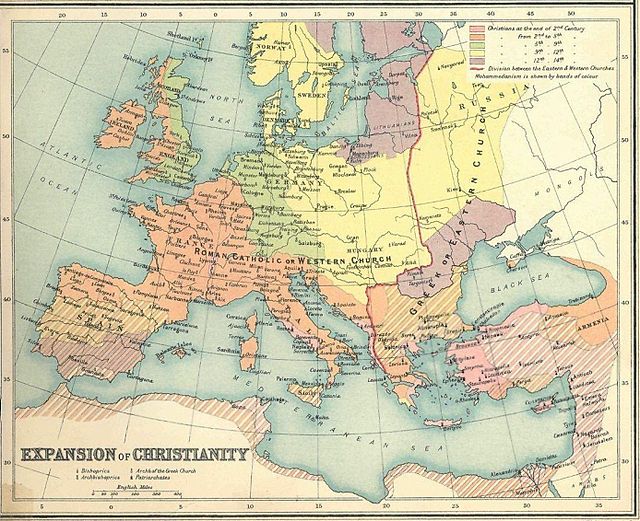The Western world, also known as the West, primarily refers to various nations and states in the regions of Australasia, Western Europe, and Northern America; with some debate as to whether those in Eastern Europe and Latin America also constitute the West. The Western world likewise is called the Occident in contrast to the Eastern world known as the Orient. The West is considered an evolving concept; made up of cultural, political, and economic synergy among diverse groups of people, and not a rigid region with fixed borders and members. Definitions of "Western world" vary according to context and perspectives.
Gold and garnet cloisonné (and mud), military fitting from the Staffordshire Hoard before cleaning
US Supreme Court (1932–1935) building, built in neoclassical style, an architectural style of the Western world
Plato, arguably the most influential figure in early Western philosophy, has influenced virtually all of subsequent Western and Middle Eastern philosophy and theology
Rise of the Germanic Frankish Empire before Charlemagne's coronation in Rome
Western Europe is the western region of Europe. The region's extent varies depending on context.
Schism of 1054 (East–West Schism) in Christianity





